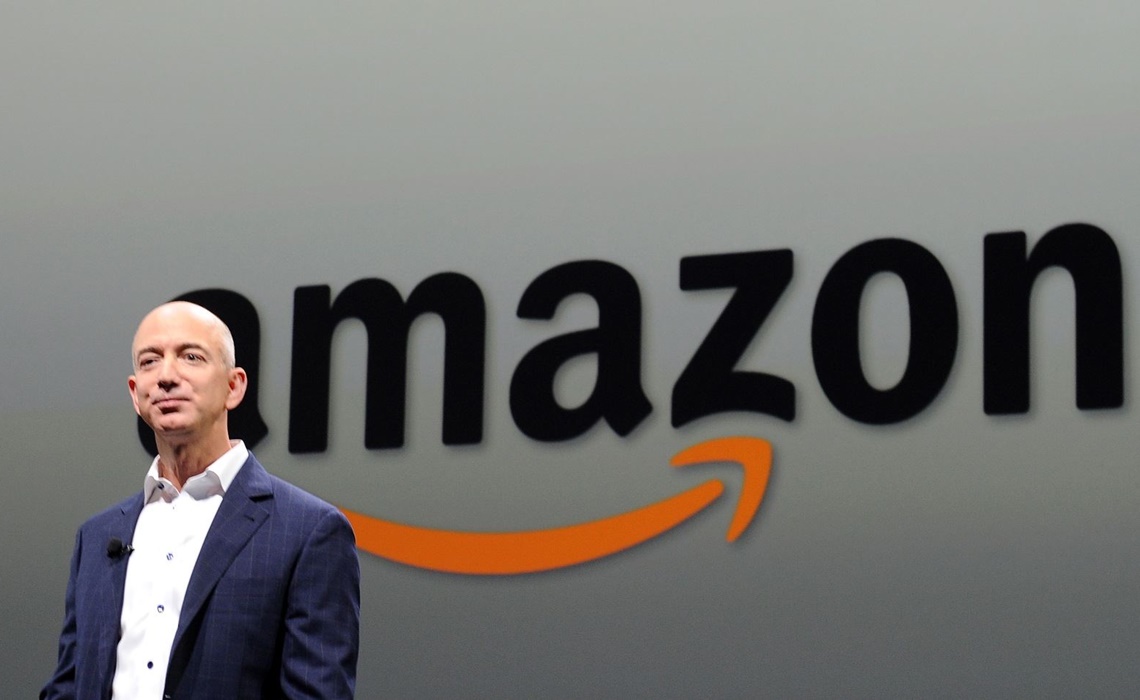The Retail Apocalypse: A Millennial's Perspective
Brick and mortar retail, once an economic staple within the U.S., has now reached an all-time low in overall sales. This is largely due to consumers now finding it inconvenient to bother spending their time shopping outside the realm of their living room computer. Not to mention, it is becoming more apparent that these big-name retailers are starting to lose interest from their largest customer base.
Millennials comprise 77 million people. While paying attention to consumer trends is important, retailers are not solely failing because of millennials. They are failing because they do not understand what their customers want or how their customers want to be treated. If there is no customer base, there is no business, and the one person that understands this better than anyone is Jeff Bezos.

At the end of July, Jeff Bezos briefly became the richest man in the world, with Amazon (AMZN) also boasting $136 billion in sales last year alone. While there are many factors that led to his success, one of them is that he understands what customers want out of their shopping experience. With this in mind, some advice to retailers are as follows:
1. Consumers want convenience, so make their experience convenient
Amazon makes people’s lives easier, especially if you have Amazon Prime. It is an efficient way to shop, which is why it is so popular. If you need something last minute, you pay a low price for one-day shipping with Prime. Even if you are not having your item rushed, it will be at your doorstep in two days. So far, I have not seen an online retailer that can beat this.
There is also no need to fish through a store for your item or go through the frustration of searching for it when you can type it in a search bar, hit enter and there it is. A reason why malls are dying is because customers don’t want to go through the trouble of searching for what they need in a store, especially now that they don’t have to with the rise of e-commerce. They want their items handed to them on a silver platter and Amazon is successful because it is doing just that.
2. Consumers want to be unique, with the option of being materialistic
Millennials shop at fast-fashion retailers such as Forever 21 and H&M because these stores have a wide variety of clothing, they’re affordable, and they don’t have loud logos. I am still convinced that a factor in Michael Kors' plummeting sales is because their logo overpowered the design of many of their handbags and accessories. They became dated fairly quickly. Often, I find millennials do not want to associate themselves with a brand unless that brand is a luxury item they can proudly show off. It also has to do with being original and having eclectic taste. The second you slap a logo on a bag or an item of clothing, those that buy that item are automatically associated with that brand whether they want to be or not. Some consumers don’t mind subtle logos on non-luxury items as long as they are not known to be tacky. As a whole, consumers still do not want to be paying extra for a loud logo.
3. Consumers want to be treated well
For those who have walked into a retail store and experienced a rude or incompetent employee, usually that is enough of a reason for many to opt for online shopping. Frankly, customers want to be treated with kindness and want their experience to be efficient. They don’t want to deal with rude employees, slow service and the frustration of a store not having their item in stock.
E-commerce is popular because a computer can’t be rude to you or require you to wait 5-10 minutes until it finds what you are searching for, only to tell you it doesn’t have it. With e-commerce, there is no “maybe we have it, maybe we don’t.” It is binary and that’s what makes it easy. If retailers want to be successful, they need to amplify their customer service and focus on making their customers happy.
Consumers tend to seek out stores that will provide them with quality experiences and items. If a customer is not satisfied with a retailer’s service or product, they will voice their opinion in the form of a bad review. When this happens, it should be a retailer’s job to win that customer back. Considering others make decisions about businesses through reviews, a negative cycle could ensue for a retailer when they leave parts of their customer base unsatisfied. I genuinely praise companies that take the time to respond to the customers that review them online (looking at you Ben & Jerry’s) and provide feedback or apologize for not meeting their expectations. You can’t make everyone happy, but you can make them feel like they matter.
Consumers want the best product they can get for the lowest possible price. In hindsight, Amazon continues to rule retail because it understands customers' needs and wants while making their products affordable. While no retailer is perfect, retailers should continue to strive to be the best they can be for the sake of retaining their customers and their businesses. The retail industry can be saved. Unless retailers make a valid push to enhance the customer experience and make their products more affordable, the retail industry will continue to do poorly and companies like Amazon will keep winning.




I appreciate this, as a #millennial, that you wrote this, because often everyone is asking "what is happening to retail?". They believe its some supernatural phenomenon but really it just a few, simple concepts. Great read!